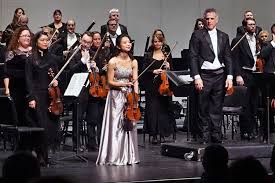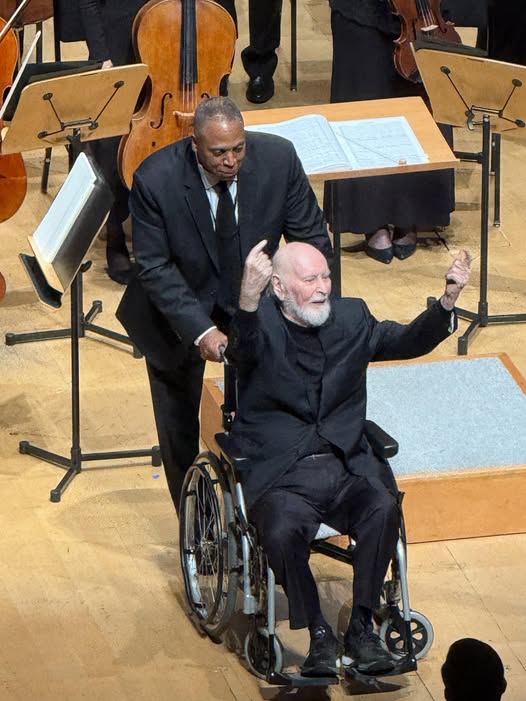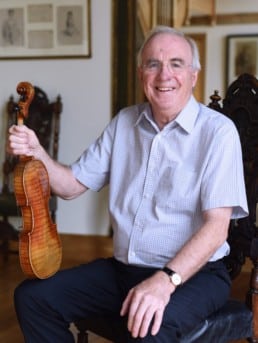Congress rejects arts cut as Trump flack is named NEA chief
mainThe House of Representatives yesterday massively voted down a proposal to cut funds for the National Endowment for the Arts (NEA) and the National Endowment for the Humanities (NEH) by 15%.
The vote was 297-114.
The White House meanwhile named a Florida political fixer, Mary Anne Carter, as acting chair of the NEA.
Carter (pic) served on Trump’s inauguration committee and raised funds for him in Florida.

She replaces Jane Chu who got out after successfully heading off the first Trump onslaught on arts funding.





Comments